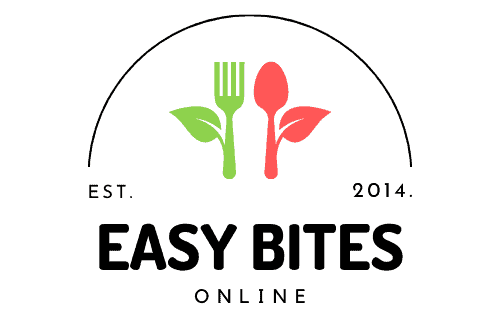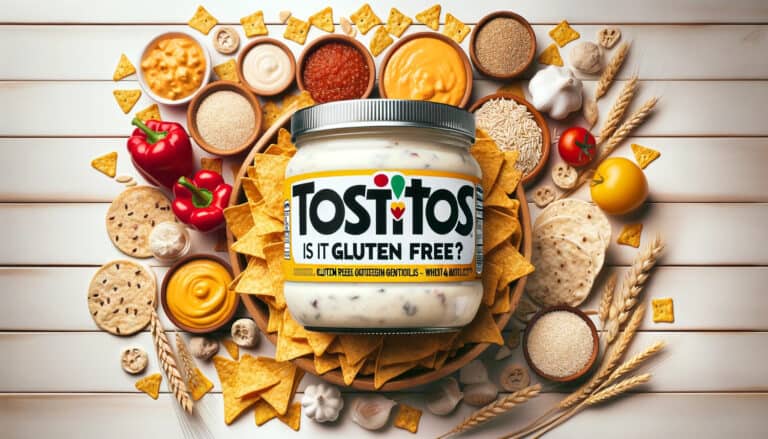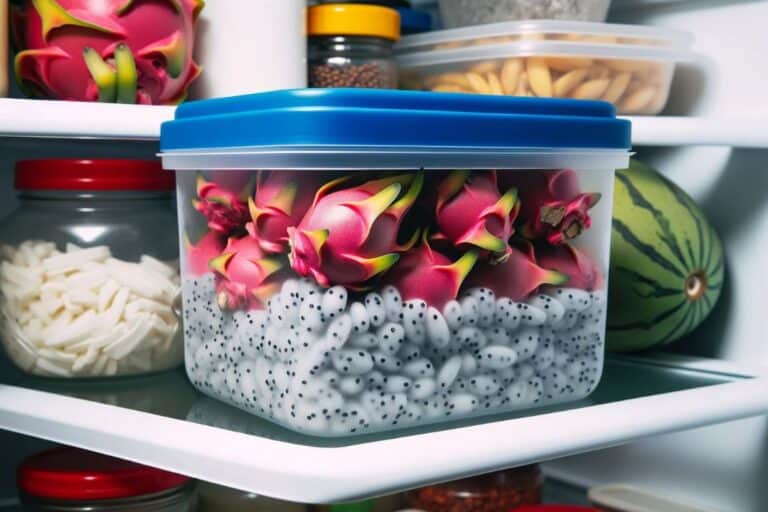Is Propylene Glycol Vegan Plant-Based Food Safe?
Propylene glycol, a synthetic organic compound, and colorless liquid is widely recognized as a versatile ingredient in many products. The question often arises for those following a vegan diet: Is propylene glycol vegan?
The good news is that propylene glycol is typically not derived from animal sources. Instead, its production process involves the hydration of propylene oxide. The resulting mono-propylene glycol, especially of the EP pharma food grade, is used extensively in various food applications, cosmetic products, and personal care products.
In food, propylene glycol serves as a food additive, often used to preserve moisture in ice cream and as a carrier for natural flavorings. It is also used to bond oils and water in food ingredients. While it can mimic the properties of some animal-derived ingredients, such as lactic acid and fatty acids, it’s distinct in its chemical structure and function.
One area of growing popularity for propylene glycol is in vape juice. Vegan e-liquids often contain a blend of vegetable glycerine, natural flavors, and propylene glycol.
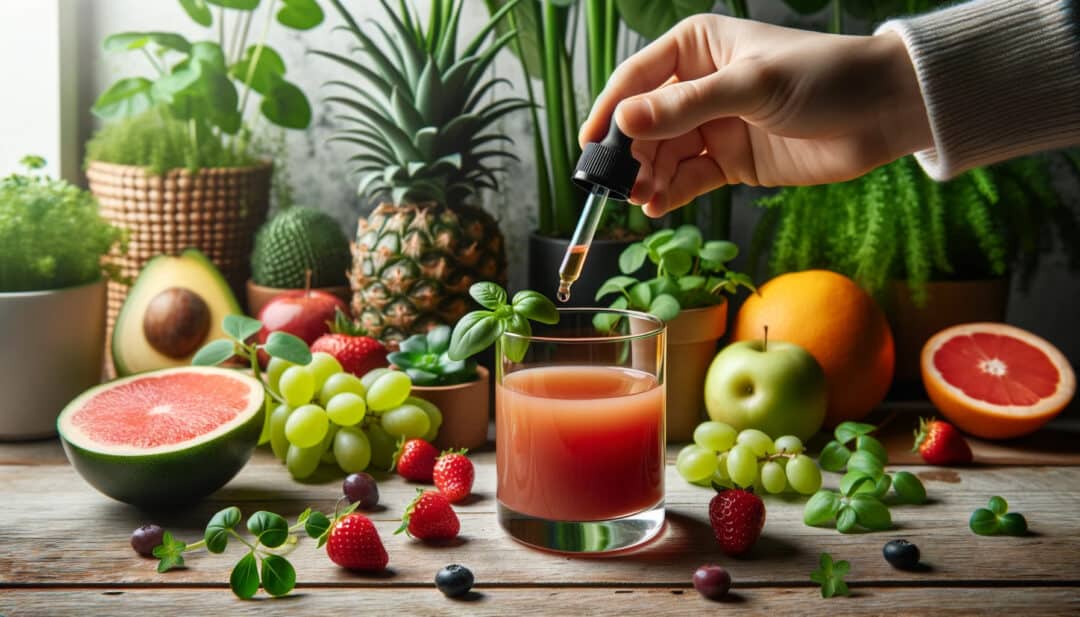
Both vegetable glycerine and propylene glycol, derived from plant oils and not animal origin, are considered vegan ingredients. These compounds allow vaping devices to produce vapor and carry flavors.
In the cosmetic realm, propylene glycol is found in many products, from skincare products to hair care products. Its inclusion offers additional moisturization and helps bond oils in these formulations.
Likewise, personal care products are employed for similar reasons, providing a smooth texture and preventing the freezing point of water from dropping too low.
There’s often confusion between propylene glycol and propylene glycol alginate, which is derived from kelp and used as a thickener and stabilizer in foods like Auntie Anne’s pretzel.
Their distinct applications and sources further emphasize the importance of understanding the nuances of food and cosmetic ingredients.
While propylene glycol doesn’t come from animal sources, the broader context must be considered. For instance, some products containing it might undergo animal testing.
In contrast, others could contain non-vegan ingredients like stearic acid, commonly derived from animal fats, or chicken lysozyme in egg yolks.
There’s also a push towards using bio-based propylene glycol, derived from natural sources like vegetable oils, instead of the traditional method. This shift aligns with a global move towards more sustainable and natural ingredients.
For those concerned with dietary information beyond veganism, it’s worth noting that propylene glycol is gluten-free. Moreover, products containing it are often stored in tamper-evident containers and under cool conditions, away from direct sunlight, to maintain their premium quality USP.
The European Union and the EU & UK authorities have set guidelines for the acceptable daily intake of propylene glycol, ensuring it’s safe even when consumed in large amounts.
So, get ready to uncover the truth about propylene glycol. Is it a vegan, plant-based compound safe for the heart, and what is its toxicity source?
Is Propylene glycol plant-based?
Propylene glycol is a synthetic organic compound, and while it is not derived from animal sources, it is also not directly derived from plants in the way that one might consider fruits, vegetables, or grains “plant-based.” It is primarily produced through the hydration of propylene oxide, which is a petrochemical.
However, there is a distinction to be made:
- Traditional Propylene Glycol: This is derived from petrochemicals. It is not plant-based, derived directly from plants, but not animal-derived.
- Bio-based Propylene Glycol: This version is derived from plant sources, specifically from processing vegetable oils or certain types of biomass. So, in this context, one could consider bio-based propylene glycol plant-based.
When propylene glycol is used as a food additive, it serves as a solvent, humectant, and preservative. It’s found in various food products and is generally recognized as safe (GRAS) by many health authorities, including the U.S. Food and Drug Administration.
For individuals specifically looking for plant-based or natural ingredients in their foods, it’s essential to clarify the source of the propylene glycol. If it’s bio-based, then it aligns more closely with a plant-based paradigm. If it’s the traditional form, it’s still vegan (as it’s not animal-derived) but not directly plant-based.
Assessing the Safety of Propylene Glycol in Food and Skincare Products

Propylene glycol, a joint compound found in many vegan products, including cosmetics, pharmaceuticals, and food items, has been extensively tested for toxicity at various doses.
Studies have consistently shown that regular usage of propylene glycol, even in vegan products, poses no significant health risks. Propylene glycol toxicity is low at average doses; no reported symptoms are associated with its use.
One of the critical uses of propylene glycol is as a humectant in vegan skincare products such as creams. It is essential to be aware of the potential toxicity and symptoms associated with propylene glycol, especially when it comes to its impact on heart health.
Propylene glycol fatty acid esters, commonly used in vegan skincare products, help to retain moisture, keeping the skin hydrated and supple. However, it is essential to note that there may be concerns regarding the toxicity of these ingredients.
Numerous studies have been conducted to evaluate its safety in this application, with results consistently confirming its non-toxic nature.
In the food industry, propylene glycol fatty acid esters are used as emulsifiers and stabilizers. These compounds undergo rigorous testing to ensure they adhere to strict regulations regarding concentration levels.
This ensures that consumers can safely enjoy various food products without adverse effects.
The safety profile of propylene glycol is further supported by its use in pharmaceuticals. It serves as a solvent for active ingredients in medications and has been deemed safe for consumption by regulatory authorities worldwide.
Understanding Propylene Glycol’s Role as an Ingredient in Processed Foods
Propylene glycol, a common ingredient in processed foods, serves multiple purposes. It is used as a humectant, solvent, and preservative to enhance various food products’ quality and shelf life. Here’s a closer look at its role:
- Maintaining Moisture Content and Texture: Propylene glycol acts as a humectant, helping to retain moisture in food products. This ensures that items like baked goods, salad dressings, and beverages maintain their desired texture and freshness.
- Widespread Use by Food Manufacturers: Food manufacturers frequently incorporate propylene glycol into their production processes due to its versatility. It can be found in many foods, including dairy products, where it helps maintain consistency and prevent crystallization.
- Preservation Properties: As a preservative, propylene glycol inhibits the growth of microorganisms that can spoil or contaminate food. Extending the shelf life of processed foods reduces waste and allows for more extended storage periods.
- Flavor Enhancement: Propylene glycol also plays a role in enhancing flavors. Acting as an emulsifier, it helps blend ingredients smoothly while carrying flavors more effectively throughout the product.
It’s important to note that propylene glycol is derived from petroleum sources rather than animal fats or plants. Therefore, it does not contribute to dietary concerns for those following vegan or plant-based diets.
Extensive studies have been conducted on its safety for consumption by regulatory bodies such as the U.S. Food and Drug Administration (FDA).
Is Propylene Glycol Vegan? Exploring Its Plant-Based Sources

Propylene glycol, a commonly used ingredient in various products, can be derived from plant-based sources such as corn or soybeans. Some manufacturers exclusively utilize plant-derived propylene glycol, making it a suitable option for vegans.
When choosing products, vegans can look for those that explicitly specify their sourcing as plant-based. This ensures that the propylene glycol is derived from vegetable sources rather than natural gas.
To summarize:

- Propylene glycol can be sourced from plants like corn or soybeans.
- Some manufacturers use only plant-derived propylene glycol.
- Vegans have the option to select products that clearly state their plant-based sourcing.
By considering these factors and opting for products with explicitly mentioned plant-based sourcing, vegans can confidently include propylene glycol in their daily routine, knowing it aligns with their dietary choices.
Potential Health Concerns: Propylene Glycol and Kidney/Liver Disease, Infants, and Pregnant Women
Propylene glycol is a commonly used ingredient in various products, including food and medications. While it is generally considered safe for consumption, some potential health concerns exist, particularly for individuals with kidney or liver disease, infants, and pregnant women.
High intake of propylene glycol may pose risks for individuals with kidney or liver disease. In such cases, limiting the consumption of products containing this ingredient is advisable to avoid potential complications.
Limited evidence suggests that excessive consumption of propylene glycol could potentially harm infants. It is essential to exercise caution when introducing foods or medications containing this ingredient to infants.
Pregnant women should consult healthcare professionals regarding the usage of propylene glycol. While no conclusive evidence suggests direct harm to pregnant women, seeking medical advice before using any substances during pregnancy is always best.
It’s worth noting that propylene glycol has been mistakenly associated with antifreeze due to its presence in some formulations. However, it is crucial to understand that the type used in antifreeze is ethylene glycol, which poses significant toxicity risks and should never be consumed.
To summarize:
- Individuals with kidney or liver disease should be cautious about high intake of propylene glycol.
- Excessive consumption of propylene glycol may have potential adverse effects on infants.
- Pregnant women should consult healthcare professionals before using products containing propylene glycol.
Remember that while propylene glycol is a carrier in various food and medication products, it does not necessarily indicate immediate health problems for most people when consumed in average amounts.
Moderation and consulting healthcare professionals are essential when considering substance use.
Sources:
“Propylene Glycol Toxicity” – Agency for Toxic Substances & Disease Registry
Stearic acid is a saturated fatty acid.

Commonly found in various foods and personal care products. It is a waxy solid at room temperature and is often used as an emulsifier or thickening agent in food products, cosmetics, and pharmaceuticals.
Regarding potential health concerns, stearic acid is generally considered safe for consumption and topical use. It is not known to cause any adverse effects on kidney or liver function in healthy individuals.
However, it is always recommended to consult with a healthcare professional if you have any pre-existing kidney or liver disease before using products containing stearic acid.
In terms of its safety for infants and pregnant women, stearic acid is generally well-tolerated. It is commonly found in infant formulas, lotions, and creams without any reported negative effects.
However, it is always a good idea to check with your pediatrician or obstetrician before using any products containing stearic acid, especially if you have any specific concerns or medical conditions.
Stearic acid is a commonly used ingredient that poses minimal health risks for the general population. As with any ingredient, using products containing stearic acid as directed is essential, and consult a healthcare professional if you have any specific concerns or medical conditions.
Propylene Glycol in Skincare: Uses and Possible Skin Reactions
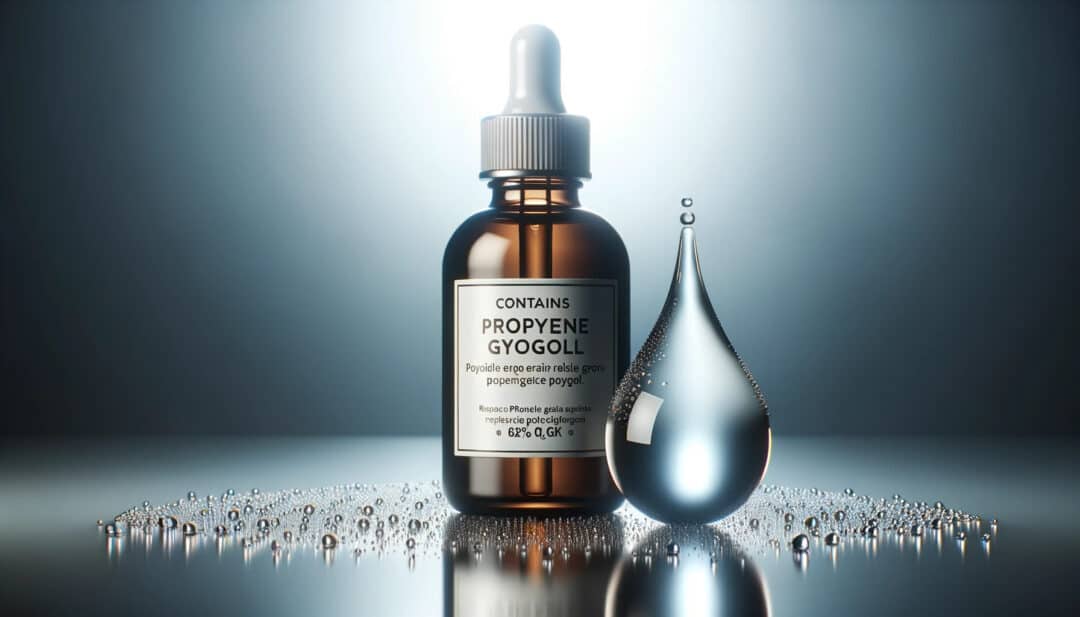
Propylene glycol, or propylene oxide, is a versatile ingredient commonly used in skincare products for its moisturizing properties, solvent capabilities, and ability to enhance product penetration.
While it is generally considered safe for use, there are a few essential factors to consider regarding its potential effects on the skin.
Allergic reactions: Although rare, some individuals with sensitive skin may experience allergic reactions when using propylene glycol products. These reactions can manifest as contact dermatitis, causing redness, itching, or a rash on the skin.
If you have a history of allergies or sensitive skin, it’s advisable to perform a patch test before incorporating such products into your skincare routine.
Concentration and ingredient combinations: Skin irritation may occur if propylene glycol is used at high concentrations or combined with specific ingredients. While it is generally well-tolerated by most people when used within recommended levels, excessive amounts or specific combinations could potentially lead to adverse effects.
It’s crucial to read product labels carefully and follow usage instructions provided by manufacturers.
Seek professional advice: If you experience any unusual reactions or persistent skin irritations after using skincare products containing propylene glycol, it’s best to consult a dermatologist or healthcare professional for guidance.
They can help identify potential triggers and recommend alternatives that suit your needs.
Is Propylene Glycol Safe, Vegan, and Plant-Based?
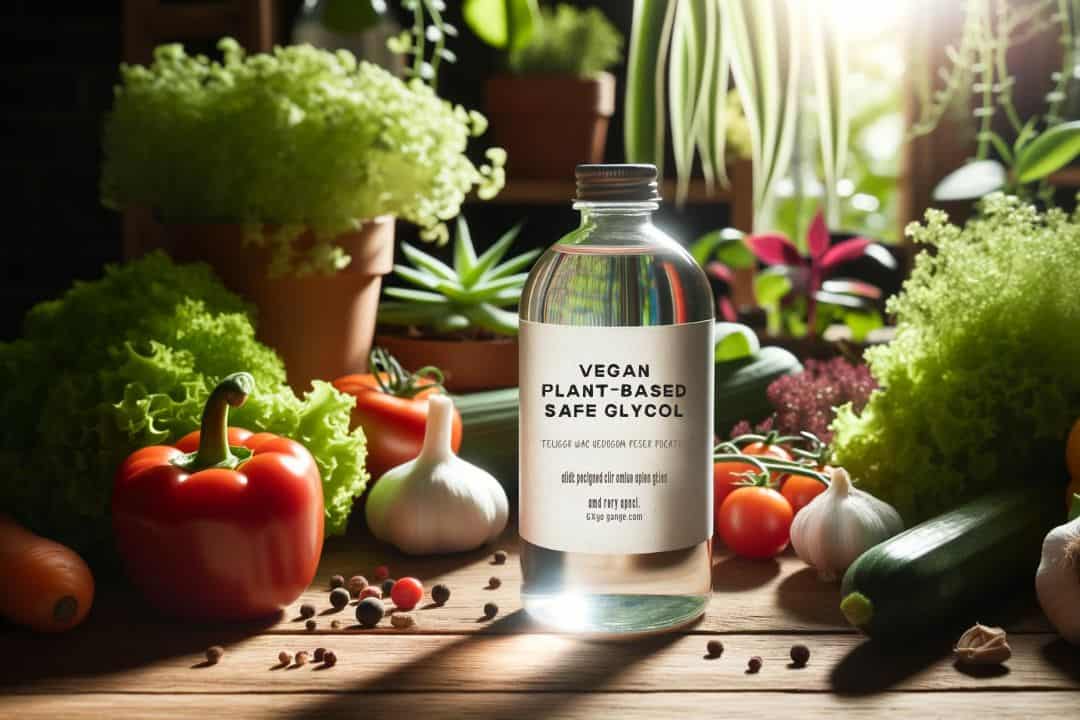
In conclusion, propylene glycol is safe for consumption and use in skincare products. It has been extensively studied and approved by regulatory bodies such as the FDA and EFSA.
However, it’s important to note that some individuals may be more sensitive to propylene glycol and experience skin reactions or other adverse effects. If you have any concerns or preexisting conditions, it’s always a good idea to consult a healthcare professional before using propylene glycol products.
Propylene glycol can be derived from both plant-based and synthetic sources. While most commercially available propylene glycol is synthetically produced from petroleum, plant-derived versions are made from renewable sources like corn or soybeans.
Therefore, if you follow a strict vegan lifestyle, check the start of the propylene glycol used in specific products.
Ultimately, when deciding whether to incorporate propylene glycol into your diet or skincare routine, it’s essential to consider your individual needs and preferences.
Everyone’s body reacts differently to different substances, so what works for one person may not work for another.
If you’re unsure about using products containing propylene glycol or have specific concerns about its safety or vegan status, contact professionals who can provide personalized advice tailored to your situation.
FAQs – Is Propylene Glycol Vegan?
Can I consume foods with propylene glycol if I have kidney disease?
👉 While there isn’t sufficient evidence linking moderate consumption of foods with propylene glycol to kidney disease in healthy individuals, those with preexisting kidney conditions should exercise caution.
Consult with a healthcare professional for personalized guidance based on your specific situation.
Are there any natural alternatives to propylene glycol in skincare products?
👉 Yes! Some natural alternatives commonly used in skincare include vegetable glycerin, hyaluronic acid, and aloe vera gel. These ingredients can provide similar moisturizing properties without the potential concerns associated with propylene glycol.
👉 Can propylene glycol cause allergies or skin reactions?
While rare, some individuals may experience allergic reactions or skin irritations when using propylene glycol products. If you have sensitive skin or a history of allergies, performing a patch test before using such products extensively is recommended.
Is propylene glycol safe for pregnant women?
👉 Propylene glycol in small amounts is generally considered safe for pregnant women. However, it’s always best to consult your healthcare provider before using new skincare products or changing your diet during pregnancy.
Does cooking with foods containing propylene glycol affect its safety?
👉 Cooking with foods that contain propylene glycol at moderate levels is generally considered safe. However, if you have specific concerns or dietary restrictions, it’s advisable to consult with a healthcare professional or registered dietitian for personalized advice based on your needs and health status.

Born and raised in a family of foodies, Georgia’s passion for cuisine was nurtured from a young age as she learned the intricacies of flavor and texture from her grandmother’s kitchen. As an adult, this early fascination blossomed into a full-fledged love affair with the culinary world.
